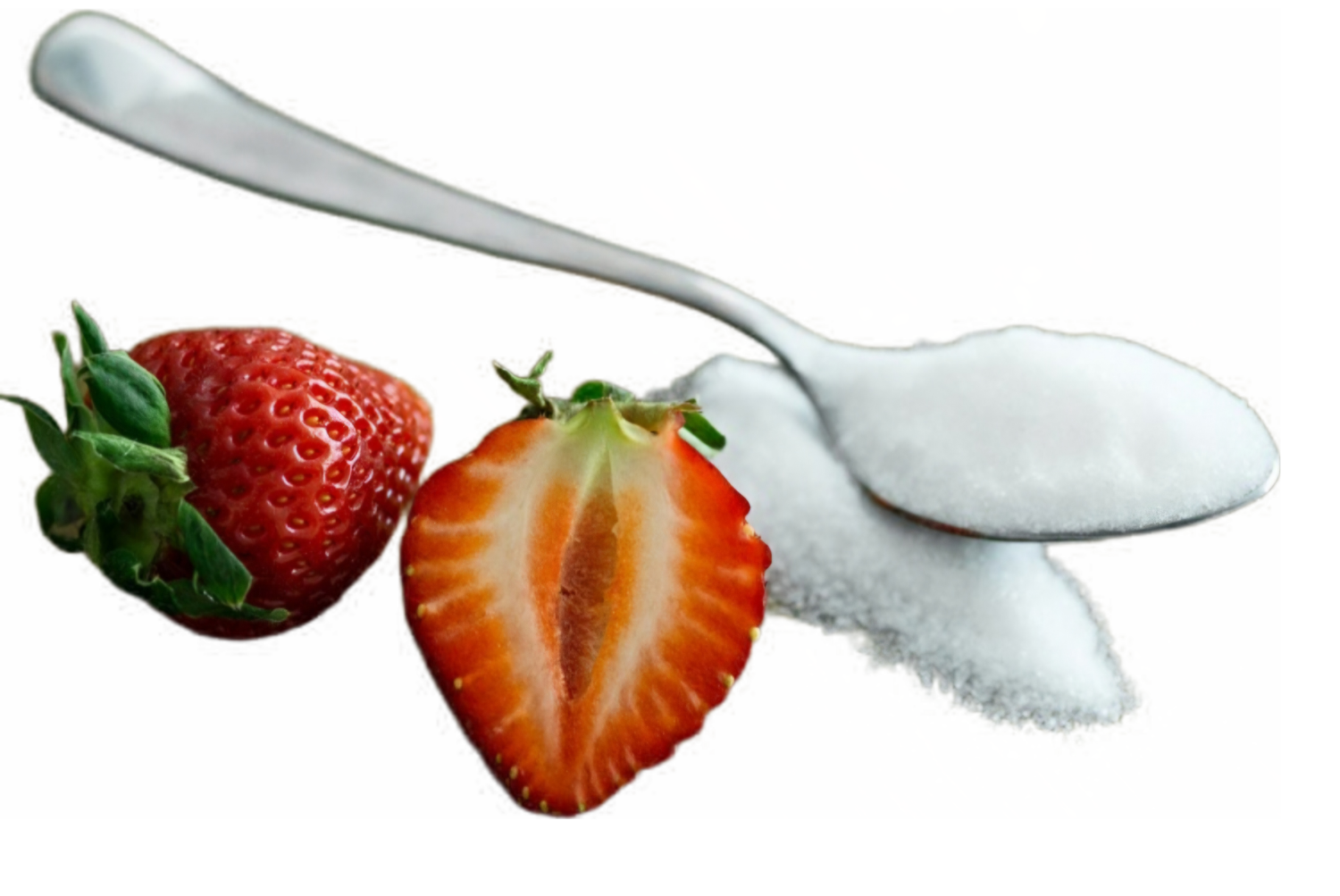
Are natural sweeteners better than artificial ones?
Allulose StorePage audition
Source: akcioeső.hu
There's been a lot of talk lately about the potential dangers of artificial sweeteners: aspartame —the popular artificial sweetener found in drinks like diet cola—was recently classified by the World Health Organization (WHO) as "probably carcinogenic to humans."
While there is debate about whether consuming artificial sweeteners is generally safe or should be avoided, you may be interested in what alternatives there are to artificial sweeteners.
Is there an option that is healthier than both artificial sweeteners and the white table sugar that is so often criticized and has everyone hooked on artificial sweeteners?
Let's dive into natural sweeteners, which can also give foods and drinks the sweetness you may be craving.
Here's what you need to know about the most popular natural sweeteners.

Allulose
What is this?
Allulose is a sweetener derived from fructose and found naturally in foods such as figs, raisins, jackfruit, and maple syrup.
It was originally discovered in 1940, but it was not until 1994 that Ken Izumori at Kagawa University in Japan discovered how to convert fructose into allulose using an enzyme.
In 2012, the Food and Drug Administration (FDA) allowed allulose to be added to the GRAS (Generally Recognized As Safe) list, although it has not yet been approved in the European Union and Canada...
Allulose is chemically classified as a "rare sugar" because it is found in nature, but only in small quantities.
Allulose can be used as a sugar substitute in many recipes, especially in baking, as it behaves similarly to traditional sugar in terms of texture and caramelization.
Does it have calories or nutritional value?
Although allulose contains "a very small amount of calories," it "is not absorbed and does not contribute to daily calorie intake."
Allulose "contains approximately 0.2 to 0.4 calories per gram, which is significantly less than traditional table sugar (sucrose), which has approximately 4 calories per gram."
Are there any potential health effects?
Although the FDA recognizes allulose as safe, experts note that, like other sugars, consuming excessive amounts can lead to digestive problems such as bloating, gas, and diarrhea.
Because it's a sugar, it can also trigger a dopamine response and make you crave even more sweets. (Disproven!)
Monk fruit
What is this?
Monk fruit, also known as luo han guo, is a small, round fruit native to southern China. The fruit, named after the Buddhist monks who first cultivated it, contains sweet compounds called mogrosides, which are processed into a calorie-free sweetener.
Does it have calories or nutritional value?
Monk fruit contains no calories or carbohydrates, making it a "good choice" for people on a ketogenic diet who still crave sweets.
Are there any potential health effects?
The sweet taste comes from mogroside, which is an antioxidant. It may also have anti-inflammatory effects. However, because the dose needed for sweetening would be so small, it is unclear whether these effects occur.
Stevia
What is this?
Stevia is derived from the leaves of the Stevia rebaudiana (sweetgrass) plant. The sweetener is 200-300 times sweeter than sugar, meaning only a small amount is needed to sweeten foods.
Does it have calories or nutritional value?
Stevia is calorie-free.
Are there any potential health effects?
Stevia has a complicated history. Early studies suggested that stevia caused cancer , and the FDA banned it in 1991. However, that changed in 1995, according to VeryWell Health.
The FDA has revised its ban on stevia leaves and extracts and allowed them to be used as dietary supplements — but not as sweeteners .
In 2008, the FDA said that designated, high-purity (at least 95% pure) stevia extracts were generally recognized as safe (GRAS), but stevia leaf and crude stevia extract are still not recognized as GRAS.
Whole leaf stevia or crude extracts are not approved due to concerns about blood sugar control and effects on the kidneys, cardiovascular system, and reproductive system.
Although there is no set limit for stevia, it should be used in moderation, as "consumption of large amounts can lead to digestive problems and an unpleasant aftertaste."
Tagatoz
What is this?
Tagatose is a naturally occurring, low-calorie, monosaccharide sugar derived from lactose, found in some fruits, cocoa, and dairy products.
Does it contain calories or nutritional value?
Tagatose has about 1.5 calories per gram, which is less than the 4 calories per gram found in regular sugar.
It has minimal impact on blood sugar levels and insulin response. It is not addictive as it is derived from lactose, which is known not to trigger a dopamine response.
Are there any potential health effects?
Tagatose may cause mild gastrointestinal effects such as nausea, diarrhea, and bloating . These side effects have been reported at doses of 30 grams per day.
More research is needed, but early results suggest that tagatose may help regulate blood sugar levels, making it a good choice for people with diabetes.
Are natural sweeteners better than artificial sweeteners?
The jury is still out, but experts say there's reason to consider natural sweeteners.
Natural sweeteners have less potential to carry. We get a well-digestible sweetener that doesn't raise blood sugar levels, cause an insulin response, and doesn't make the body more prone to storing fat.
There are other concerns with artificial sweeteners, such as stomach upset and possible insulin resistance . What is best depends on the individual's needs and goals.
There are pros and cons to using both natural and artificial sweeteners, but the advice that dietitians are happy to give is that using natural sweeteners in small amounts is generally preferable .
Many sweeteners are only partially absorbed and thus reach the colon, affecting the microbiota. Some studies suggest that this may affect the health of our gut.
There are other studies linking the use of artificial sweeteners to conditions like obesity and cancer , but it's important to note that research is ongoing, and many of the studies showing these associations have been conducted on animals, not humans.

